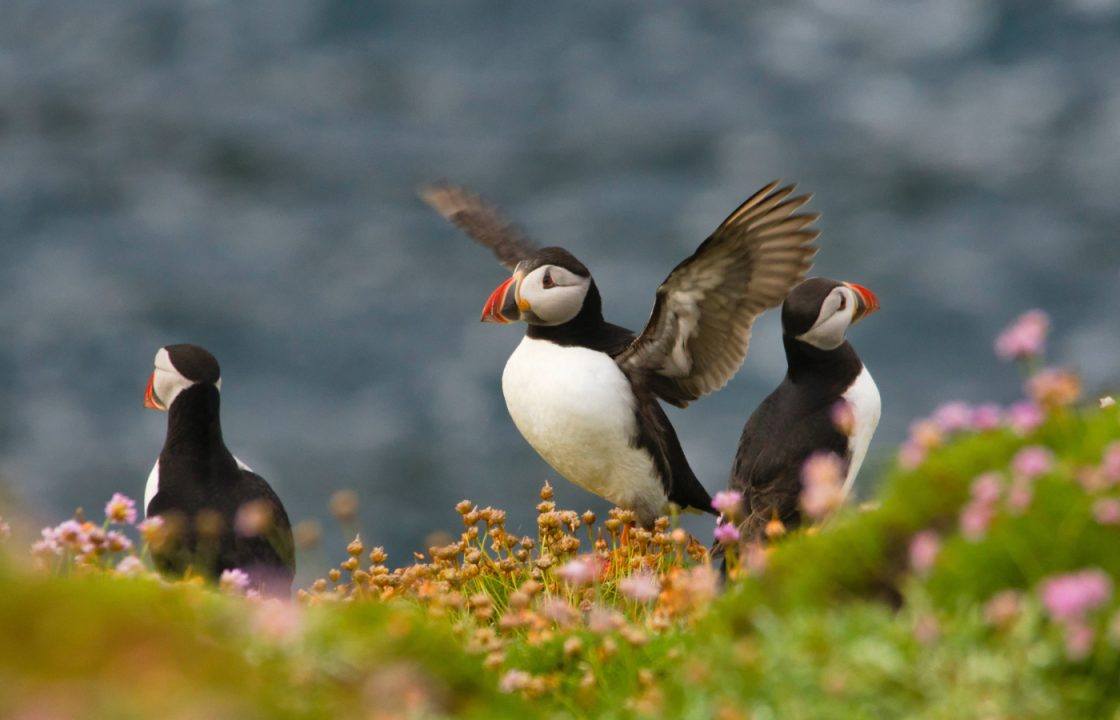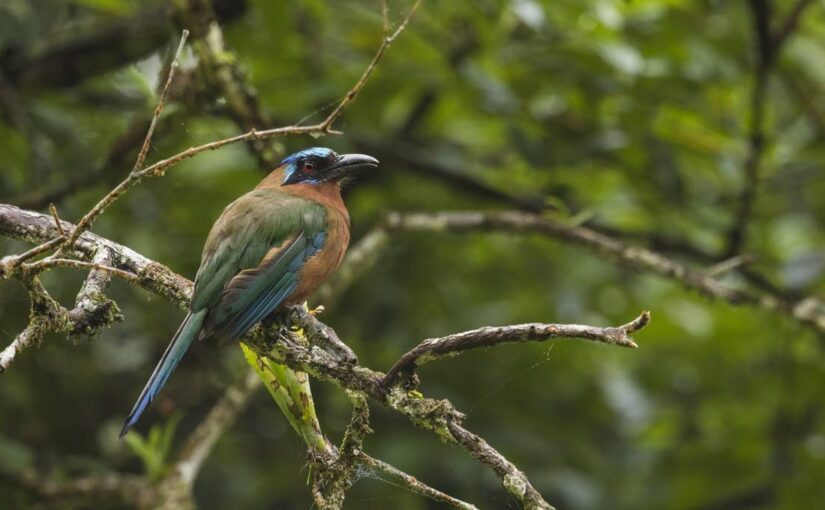Antarctica’s rapidly receding sea ice could have a negative impact on the food supply of seabirds that breed hundreds of miles away from the...
Vous n'êtes pas connecté
- English
- Français
- عربي
- Español
- Deutsch
- Português
- русский язык
- Català
- Italiano
- Nederlands, Vlaams
- Norsk
- فارسی
- বাংলা
- اردو
- Azərbaycan dili
- Bahasa Indonesia
- Հայերեն
- Ελληνικά
- Bosanski jezik
- українська мова
- Íslenska
- Türkmen, Түркмен
- Türkçe
- Shqip
- Eesti keel
- magyar
- Қазақ тілі
- Kalaallisut ; kalaallit oqaasii
- Lietuvių kalba
- Latviešu valoda
- македонски јазик
- Монгол
- Bahasa Melayu ; بهاس ملايو
- ဗမာစာ
- Slovenščina
- тоҷикӣ ; toğikī ; تاجیکی
- ไทย
- O'zbek ; Ўзбек ; أۇزبېك
- Tiếng Việt
- ភាសាខ្មែរ
- རྫོང་ཁ
- Soomaaliga ; af Soomaali
Rubriques :
 Maroc - RAWSTORY.COM - Raw Story - 24/Aug 18:28
Maroc - RAWSTORY.COM - Raw Story - 24/Aug 18:28
South Africa plans to ‘bomb’ mice that eat albatrosses alive
Conservationists said Saturday that they plan to bomb a remote South African island with tons of pesticide-laced pellets to kill mice that are eating albatrosses and other seabirds alive.Hordes of mice are devouring the eggs of some of the world’s most important seabirds that nest on Marion Island, about 2,000 kilometers (1,240 miles) southeast of Cape Town, and have started eating live birds, leading conservationist Mark Anderson said.This includes the iconic Wandering Albatross, with a quarter of the world’s population nesting on the Indian Ocean island.“The mice have now, for the first time last year, been found to be feeding on adult Wandering Albatrosses,” Anderson told a meeting of BirdLife South Africa, the country’s leading bird conservation organization.Gruesome images presented at the meeting showed bloodied birds, some with flesh chewed off their heads.Of the 29 species of seabirds that breed on the island, 19 are threatened with local extinction, the Mouse-Free Marion Project said.Mouse attacks have escalated in recent years but the birds do not know how to respond because they evolved without terrestrial predators, said Anderson, a leader of the project and CEO of BirdLife South Africa.“Mice just climb onto them and just slowly eat them until they succumb,” he told AFP. It can take days for a bird to die. “We are losing hundreds of thousands of seabirds every year through the mice.”Extreme conditionsBilled as one of the world’s most important bird conservation efforts, the Mouse-Free Marion Project has raised about a quarter of the $29 million it needs to send a squad of helicopters to drop 600 tonnes of rodenticide-laced pellets onto the rugged island.It wants to strike in 2027 in winter, when the mice are most hungry and the summer-breeding birds are largely absent.The pilots will have to fly in extreme conditions and reach every part of the island, which is about 25 kilometers long and 17 kilometers wide.“We have to get rid of every last mouse,” Anderson said. “If there was a male and female remaining, they could breed and eventually get back to where we are now.”The mice are proliferating because warmer temperatures due to climate change means they are breeding more frequently over a longer period, Anderson said. After eating through plants and invertebrates, the mice turned to the birds.House mice were introduced to the island in the early 1800s. Five cats were brought in around 1948 to control their numbers. But the cat numbers grew to about 2,000 and they were killing about 450,000 birds a year. An eradication project removed the last cat in 1991.
Articles similaires
Scotland’s seabirds face a ‘bleak future’ without action after five seabirds added to extinction risk list
The warning comes after five more seabirds were added to the UK red list of birds that conservationists and scientists conclude are at risk of...
A BIRD IN THE HAND: African penguins — De Hoop breeding colony researchers watch for flickers of hope
The Southern African Foundation for the Conservation of Coastal Birds (Sanccob), BirdLife South Africa and CapeNature are evaluating the establishment...
Seabirds show sea plastics are close to 1980s levels
A new study by researchers at the University of Cape Town’s FitzPatrick Institute of African Ornithology shows that the amount of plastic in petrels...
Seabirds show sea plastics are close to 1980s levels
A new study by researchers at the University of Cape Town’s FitzPatrick Institute of African Ornithology shows that the amount of plastic in petrels...
The National Park Effect
Faraaz Abdool discusses how national parks and other protected areas bring benefit to people and communities. PARKS, reserves or sanctuaries are...
What’s in store for Store Bay?
THE question on everyone’s lips is what’s in store for one of the most beautiful beaches in Tobago. The Tobago House of Assembly intends to turn...
Shocking discovery: Ancient birds with teeth ate fruit, not fish!
Scientists have made an exciting discovery that changes what we know about some of the earliest birds. Fossils found in China show that a bird species...
Shocking discovery: Ancient birds with teeth ate fruit, not fish!
Scientists have made an exciting discovery that changes what we know about some of the earliest birds. Fossils found in China show that a bird species...
Strongest typhoon to hit Shanghai since 1949 shuts down megacity
Tens of millions of people in Shanghai and across China's densely populated east coast hunkered indoors Monday as the strongest storm to hit since...
Les derniers communiqués
-
Adobe Brings Conversational AI to Trillions of PDFs with the New AI Assistant in Reader and Acrobat
Adobe - 21/02/2024
-
Laura Frigenti takes the Helm as Chief Executive Officer of the Global Partnership for Education
Global Partnership for Education - 05/12/2022




